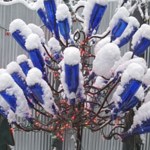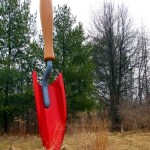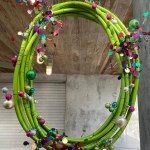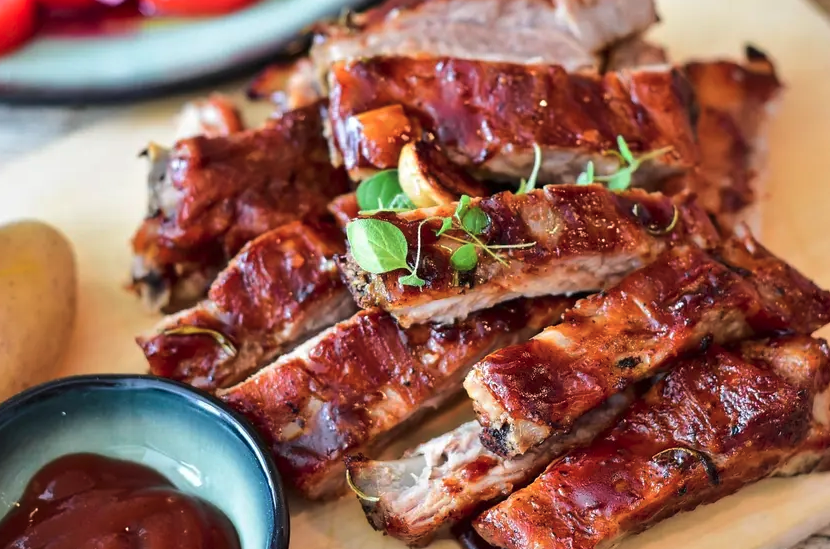Zhuzh up your garden for January. Gnomes might work.
Published 4:25 pm Wednesday, December 6, 2023






By Felder Rushing
I’m already looking for a way to avoid next month’s let-down when seasonal yard decorations are put away.
Seems like just last week that front lawns along even normally staid streets were festooned with Hallowe’en décor but are now decked out with December holiday accessories. Yet before we even get around to wishing one another a happy new year, only a few deflated Santas and Grinches will be left lying flaccid across frost-browned lawns.
Trending
What do we do for nearly-bare gardens over the next three months, before oversized plastic Easter eggs start popping up like toadstools? Gotta do something for year-round.
Digging into my decades of notes regarding landscape decorations, I came across American garden historian Ann Leighton’s comment about how Victorians did everything they could to help avoid their gardens seeming sad. We’ve always done it, possibly from the first time a cave person, in a prehistoric epiphany that resonates to this day, daubed colorful clay onto a rock or hung a whooly mammoth tusk from a tree.
“We can do a lot of things with plants,” according to the late LSU landscape professor Neil Odenwald, “but truly great gardens – every case – have some sort of artwork to personalize them.
“If you’re not careful, herbaceous material can all run together, but on its simplest level an embellishment can draw attention to a specific area, lead the eye from point to point, and provide a visual bridge to carry the garden through all seasons.”
Just last week a poster on the Mississippi Gardening Facebook page was looking for ideas on a red groundcover for under her dwarf golden maple tree. I felt perfectly at ease suggesting winter daffodils and a red bowling ball for the rest of the year.
Yet the range of what we use to accessorize even formal gardens is vast. As Odenwald insisted, “it has nothing to do with the quality of the piece; in a small space you can get a million dollars’ worth of embellishment from a single well-placed clay pot.”
Trending
Other commonly-used objects include fountains, statuary, urns, sculpture, seating, folk art and much more. But animal figures, wall or other hanging objects, windmills, painted rocks, the love-to-be-hated pink flamingos, gnomes and glass bottle trees certainly fit in there as well.
I’m not suggesting we go overboard with anything, creating an overblown godwottery like I wrote about in my “Maverick Gardeners” book. Just something to make us smile as we look out the window in the dead of winter.
In my life, as I navigated a world where most neighbors obsess with being as unique as everyone else on the block, I have pondered my own urge to “gaudy stuff up” – a huge esoteric part of the ethos of over-the-top garden culture.
As a kid I was keenly aware of how my horticulturist great-grandmother Pearl held her nose over the cheap concrete chicken cherished by her nearly uneducated daughter-in-law (Granny), while she herself sculpted a ring of home-made concrete toadstools under her cedar tree.
I have both Granny’s chicken and Pearl’s toadstools in my garden, lighting up little areas while reminding me of their once-proud owners. And they make me smile, which is important; English garden designer John Brookes wrote that if there were ever a place to laugh, it is in a garden. To suddenly come across an amusing piece placed among vegetation or beside a pool is always a great bonus.”
So, is a sparkling little bottle tree, garden hose wreath or hand-painted gnome out there somewhere, looking for a part of your garden to cheer up next month?
Felder Rushing is a Mississippi author, columnist and host of the “Gestalt Gardener” on MPB Think Radio. Email gardening questions to rushingfelder@yahoo.com.











